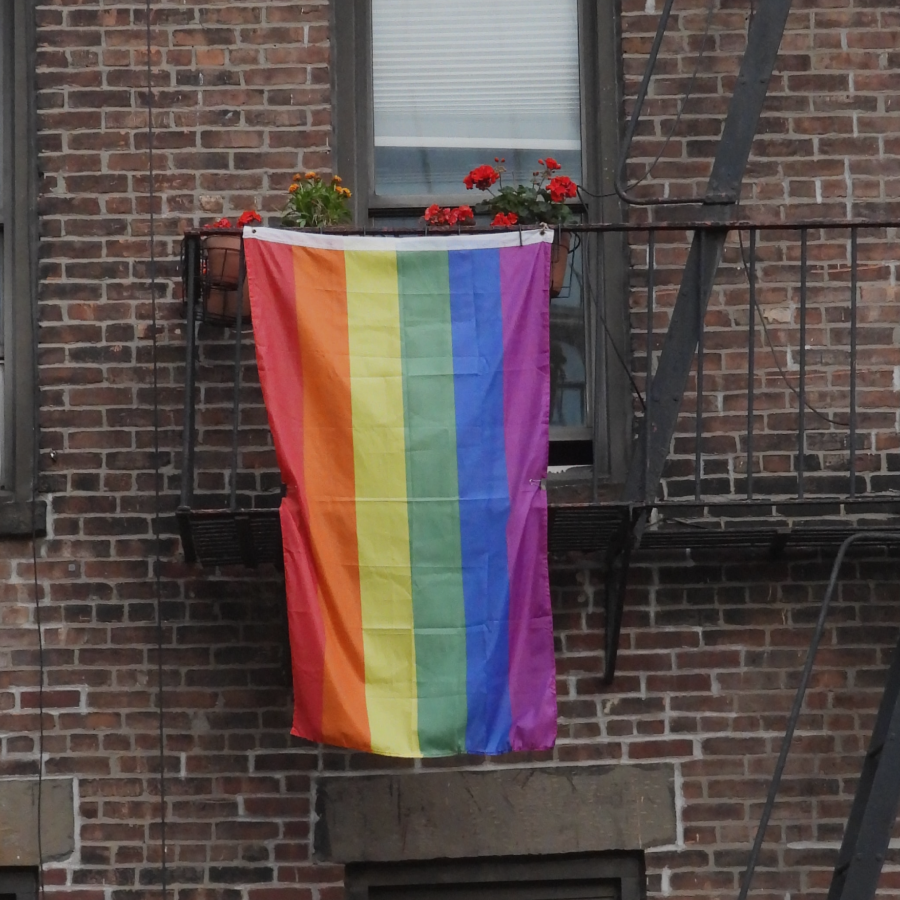Our Research
-
Because human memory is flexible, after people communicate with one another, their memories often become more similar. In this research thread, we investigate the socio-cognitive processes that impact how convergent a community’s memories become, from small groups of interacting participants to larger social networks. We have shown that cognitive phenomena, social dynamics, and network structure, meaningfully affect the degree of mnemonic convergence a community reaches.
-
Systems of beliefs organized around religion, politics, and health constitute the building blocks of human communities. One central feature of these collectively held beliefs is their dynamic nature. Work in our lab has both provided a scaffold to investigate the dynamics of collective beliefs and empirically tested several socio-cognitive strategies to influence individual and collective beliefs. Using insights derived form this research, one would be in a better position to change beliefs at a large scale.
-
One important characteristic of the emotions that a person experiences is that they can easily diffuse from individual to individual. This process of emotional contagion can, under certain circumstances, give rise to collective emotions in social formations as small as a couple and as large as a nation. The research we’ve been conducting (along with collaborators) has provided an empirical grounding for understanding how emotional contagion can lead to emotional synchronization across individuals.
New Directions
-
An extensive psychological literature shows that when people moralize issues, they become more entrenched in their views. At the same time, societal-level change around morally-charged issues has been convincingly documented, from support for gay marriage to views about the Black Lives Matter movement. In this research thread, we present a framework that attempts to explain this paradox and generates questions aimed at understanding the dynamical process involved in moral change at a community level.
-
Social norms constitute important shapers of individual and collective behavior. This research trajectory aims to empirically explore how the dynamics of social norms (assessed in conversational interactions over time) could impact human behavior. We are currently conducting studies to assess the impact of network interventions to increase knowledge accuracy and dismantle cultures of silence.
-
The story of humanity is one that involves the evolution of small loosely connected groups into ever larger and more complex social formations that are capable of withstanding a large variety of internal and external shocks. The societies we now inhabit are the end-product of this constant process of community adaptation to shocks. The research trajectory is grounded in the belief that the web3 revolution is about to give us critical insight into how communities withstand shocks and will teach us how to build better and thriving communities.






